As we arrived in Beijing Charlie and Ben informed us Tonka's odometer registered 12,439 kilometers since we pulled out of Saint Petersburg, about 3,800 of which were on unpaved tracks in Mongolia. Because of the border glitch between Russia and Kazakhstan that led us to use some bus and train transport, that figure is only an approximation of the distance we covered. I had, of course, also started six weeks earlier in Germany and am unsure what distance I covered before meeting the group.
Between this Russia/Kazakhstan/Mongolia trip and the Silk Road trip I did last year upon arriving in Beijing I felt a great sense of accomplishment and of having gone full circle overland through Central Asia, as one of a privileged few travel pioneers visiting some of earth's most remote places
. Whereas the Silk Road tour constituted a string of cities and true sights, this trip through Kazakhstan and Mongolia was more of an odyssey of wilderness exploration. The last 11 weeks from Saint Petersburg were sometimes hard, and there were some drawbacks to being on a first-time exploratory trip on which there was no pre-existing knowledge about roads and sights along the way. Nevertheless, I ended the tour with a true feeling of achievement on crossing the Asian continent again, this time on an overland route not previously done by a western tour group.
As a grand finale to the tour, directed by our Chinese guide Kevin, Ben drove Tonka into the wrong alleyway in the hutong near our hotel and continued forward through the narrowing street as cars behind blocked Tonka's ability to back out. We truly wondered if we'd make it through as obstacles required folding Tonka's mirrors in, moving parked bicycles out of the way, and finding the owners of parked cars as throngs of local hutong dwellers gathered to gawk at the funny orange and white vehicle filled with foreigners trying to make its way down a street way too narrow for it
. Charlie had to get up on the roof to lift low-hanging wires and big tree branches out of the way while an irate woman came out to give us all a piece of her mind over what we were doing to her quiet lane. In time (quite a bit of it), though, we made it through and to the hotel.
Beijing was hot and steamy unlike anything I experienced so far on the trip, the air on most days a heavy mixture of moisture and pollution that seriously reduced visibility. This was my third visit to Beijing, a city that's come to feel very familiar despite the enormous changes from year to year during which bicycles have been replaced by motor vehicles and many of the old hutong neighborhoods have fallen to ever more expressways and glass towers. Having been here before and having seen most of the sights already, I gave myself a few days to relax and recoup without too much hard core sightseeing before continuing on south through eastern China. Thus, you may notice I have no pictures of a few of the top spots like the Forbidden City, Temple of Heaven, and Great Wall on this blog; those I all visited last year at the end of the Silk Road tour and are covered in that blog
. I did make to Tiananmen Square, where the official countdown clock for the 2008 Olympics opening ceremony keeps ticking, Yonghegong Lama Temple, the Summer Palace and Ming Tombs outside of town, and the construction site of the Olympic Stadium, nicknamed "The Bird's Nest" for its unique design.
I went for a long walk one day through the hutongs around Huguosi Hotel and around the Shisha Lakes and the Bell and Drum Towers to the north and northwest of the Forbidden City, an area of the city I also wandered through with my brother Doug on our first visit to Beijing in 2000. The Old China of crowded slumlike residential areas and unkempt markets in the area in 2000 has been thoroughly sanitized, the lakes now filled with lotus flowers and small pleasure boats and circled by high-end restaurants, outdoor cafes, and bars, the side streets filled with art galleries and antique stores, t-shirt shops and porcelain showrooms, small inns and boutique hotels. Arguably these areas have lost much of their character as they were spruced up for the Olympics, but they still physically conform to tourist's notion of what an old Chinese hutong should look like, unlike so much of the old city which has been bulldozed for modern highrises
.
I can't get enough of Chinese food after months of camp food and the mutton-based cuisine in Central Asia and Mongolia. A few of our meals, including our farewell dinner at a hotel near the Great Wall at Mutianyu before we entered the city, were served banquet style in which more and more dishes of every description are brought out and placed on a lazy Susan on the circular table for all to sample - whole fish, soups, dumplings, meat and chicken dishes, rice, noodles, stuffed buns, shrimp, rice, and vegetable creations of all types, all with delightfully different flavor combinations of ginger, soy, salt, chili, fruit, and sweet & sour. Brought to the table when they are cooked, the dishes arrive in no particular order, except that the rice and soups tend to come last, a confusing twist on the order we are used to food being served. Except for some sanitary concerns regarding the absence of serving utensils, I find the Chinese way of eating group meals to be wonderful, and the notion of each person ordering a separate individual dish for himself is quite foreign in China
.
What a mess I make trying to use chopsticks! The restauranteurs probably laugh at me for a while but when fully entertained usually take pity on me and bring me a fork and knife. I'm not the only one dropping food, though; Chinese people at a banquet meal must the noisiest, messiest bunch of humans anywhere.
The social atmosphere in China is quite relaxed and casual, unlike that in most Muslim countries, and during the hot summer both men and women dress mostly in shorts and tank tops. Chinese men like to roll up their shirts to show off their guts as they sit around or walk, a well-rounded belly apparently a status symbol in this newly prosperous society. As they say, "When in Rome...", so I followed the locals lead and let my gut hang out each evening as we were sitting at an outdoor cafe in the hutong near the hotel sipping 625 ml beers that cost less than 30 cents.
People in China seem mostly good-natured and happy, smiling and laughing much of the time. For example, I went to China Post in Beijing to mail home a box of no longer needed items (camping gear, warm cloths, guide books, souvenirs) to lighten my load for the next four weeks of travel where I was efficiently waited on by a half dozen smiley, giggly young women who couldn't have been more eager to help me out. "Now come on, is your job really that much fun?" I wondered, "or is it just that I'm that funny looking?" I'm not really sure, but I received the same treatment at the train ticket booking office, on the train, in stores, and in other places in China.
Beijing, China
Sunday, July 08, 2007
 Beijing, China
Beijing, China
Other Entries
-
53Zavkhan Province, Mongolia
Jun 1325 days prior Altay, Mongoliaphoto_camera77videocam 0comment 0
Altay, Mongoliaphoto_camera77videocam 0comment 0 -
54Mongolian Wrestling
Jun 1424 days prior Asgat, Mongoliaphoto_camera27videocam 0comment 0
Asgat, Mongoliaphoto_camera27videocam 0comment 0 -
55Khovsgol Province, Mongolia
Jun 1523 days prior Moron, Mongoliaphoto_camera74videocam 0comment 0
Moron, Mongoliaphoto_camera74videocam 0comment 0 -
56Khovsgol Lake, Mongolia
Jun 1721 days prior Hatgal, Mongoliaphoto_camera79videocam 0comment 0
Hatgal, Mongoliaphoto_camera79videocam 0comment 0 -
57Northern Arvaikheer Province, Mongolia
Jun 1820 days prior Bayan-Uhaa, Mongoliaphoto_camera71videocam 0comment 0
Bayan-Uhaa, Mongoliaphoto_camera71videocam 0comment 0 -
58Tsaagan Nuur Lake & Khorgo Volcano, Mongolia
Jun 1919 days prior Horgo, Mongoliaphoto_camera48videocam 0comment 0
Horgo, Mongoliaphoto_camera48videocam 0comment 0 -
59Mongolian Food
Jun 2018 days prior Horgo, Mongoliaphoto_camera50videocam 0comment 0
Horgo, Mongoliaphoto_camera50videocam 0comment 0 -
60Tsetserleg and Tsenher Hot Springs, Mongolia
Jun 2117 days prior Tsetserleg, Mongoliaphoto_camera73videocam 0comment 0
Tsetserleg, Mongoliaphoto_camera73videocam 0comment 0 -
61Genghis Khan's Capital - Kharkhorin, Mongolia
Jun 2216 days prior Kharkhorin, Mongoliaphoto_camera53videocam 0comment 0
Kharkhorin, Mongoliaphoto_camera53videocam 0comment 0 -
62Ovorkhangai Province, Mongolia
Jun 2414 days prior Arvaikheer, Mongoliaphoto_camera73videocam 0comment 0
Arvaikheer, Mongoliaphoto_camera73videocam 0comment 0 -
63Mongolian Road Mishaps
Jun 2513 days prior Hovd, Mongoliaphoto_camera33videocam 0comment 0
Hovd, Mongoliaphoto_camera33videocam 0comment 0 -
64Khogorin Els Sand Dunes, Gobi Desert, Mongolia
Jun 2612 days prior Dalandzadgad, Mongoliaphoto_camera103videocam 0comment 0
Dalandzadgad, Mongoliaphoto_camera103videocam 0comment 0 -
65Bayan Zag Flaming Cliffs, Gobi Desert, Mongolia
Jun 2810 days prior Üydzen, Mongoliaphoto_camera66videocam 0comment 0
Üydzen, Mongoliaphoto_camera66videocam 0comment 0 -
66Yolin Am Ice Canyon, Gobi Desert, Mongolia
Jun 308 days prior Tsohyootoyn Hiid, Mongoliaphoto_camera63videocam 0comment 0
Tsohyootoyn Hiid, Mongoliaphoto_camera63videocam 0comment 0 -
67Crossing the Southeast Gobi to China, Mongolia
Jul 026 days prior Hövsgöl, Mongoliaphoto_camera65videocam 0comment 0
Hövsgöl, Mongoliaphoto_camera65videocam 0comment 0 -
68Elianhot, China
Jul 044 days prior Erlianhot, Chinaphoto_camera16videocam 0comment 0
Erlianhot, Chinaphoto_camera16videocam 0comment 0 -
69Onward to Beijing, China
Jul 071 day prior Huairou, Chinaphoto_camera48videocam 0comment 0
Huairou, Chinaphoto_camera48videocam 0comment 0 -
70Beijing, China
Jul 08 Beijing, Chinaphoto_camera121videocam 0comment 0
Beijing, Chinaphoto_camera121videocam 0comment 0 -
71Yonghedong Monastery, Beijing
Jul 091 day later Beijing, Chinaphoto_camera13videocam 0comment 0
Beijing, Chinaphoto_camera13videocam 0comment 0 -
72Summer Palace, Beijing
Jul 102 days later Beijing, Chinaphoto_camera89videocam 0comment 0
Beijing, Chinaphoto_camera89videocam 0comment 0 -
73Tianjin, China
Jul 113 days later Tianjin, Chinaphoto_camera49videocam 0comment 0
Tianjin, Chinaphoto_camera49videocam 0comment 0 -
74Tai Shan Mountain, China
Jul 135 days later Tai'an, Chinaphoto_camera89videocam 0comment 0
Tai'an, Chinaphoto_camera89videocam 0comment 0 -
75Qufu, China
Jul 146 days later Qufu, Chinaphoto_camera52videocam 0comment 0
Qufu, Chinaphoto_camera52videocam 0comment 0 -
76Nanjing, China
Jul 168 days later Nanjing, Chinaphoto_camera148videocam 0comment 0
Nanjing, Chinaphoto_camera148videocam 0comment 0 -
77Suzhou, China
Jul 1810 days later Suzhou, Chinaphoto_camera72videocam 0comment 0
Suzhou, Chinaphoto_camera72videocam 0comment 0 -
78Tongli, China
Jul 1911 days later Tongli, Chinaphoto_camera64videocam 0comment 0
Tongli, Chinaphoto_camera64videocam 0comment 0 -
79Shanghai, China
Jul 2113 days later Shanghai, Chinaphoto_camera163videocam 0comment 0
Shanghai, Chinaphoto_camera163videocam 0comment 0 -
80Shanghai - Huangpu Cruise and the Bund
Jul 2214 days later Shanghai, Chinaphoto_camera125videocam 0comment 0
Shanghai, Chinaphoto_camera125videocam 0comment 0 -
81Shanghai - Pudong Future World
Jul 2315 days later Pudong, Chinaphoto_camera165videocam 0comment 0
Pudong, Chinaphoto_camera165videocam 0comment 0 -
82Shanghai to Hangzhou - Eastern Chinese Food
Jul 2416 days later Shanghai, Chinaphoto_camera27videocam 0comment 0
Shanghai, Chinaphoto_camera27videocam 0comment 0 -
83Putuo Shan, China
Jul 2719 days later Putuoshan, Chinaphoto_camera152videocam 0comment 1
Putuoshan, Chinaphoto_camera152videocam 0comment 1 -
84Ningbo, China
Jul 2820 days later Ningbo, Chinaphoto_camera13videocam 0comment 1
Ningbo, Chinaphoto_camera13videocam 0comment 1 -
85Hangzhou, China - Part I
Jul 3022 days later Hangzhou, Chinaphoto_camera151videocam 0comment 0
Hangzhou, Chinaphoto_camera151videocam 0comment 0 -
86Hangzhou, China - Part II
Aug 0124 days later Hangzhou, Chinaphoto_camera79videocam 0comment 0
Hangzhou, Chinaphoto_camera79videocam 0comment 0 -
87Hong Kong, China
Aug 0326 days later Hong Kong, Chinaphoto_camera245videocam 0comment 0
Hong Kong, Chinaphoto_camera245videocam 0comment 0 -
88Hong Kong's Victoria Peak
Aug 0427 days later Hong Kong, Chinaphoto_camera59videocam 0comment 0
Hong Kong, Chinaphoto_camera59videocam 0comment 0

 Beijing, China
Beijing, China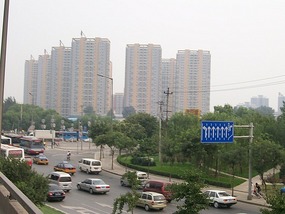
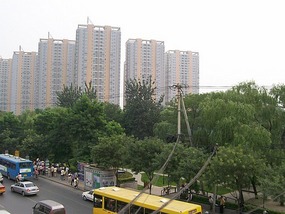
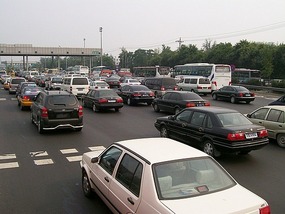
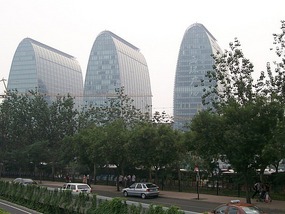
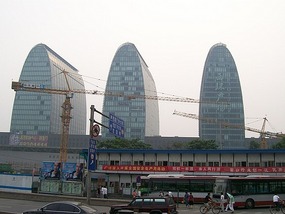


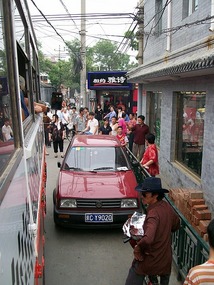
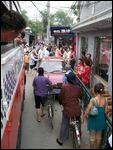
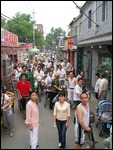
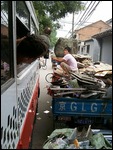
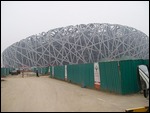
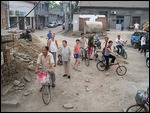
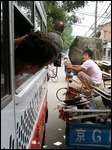
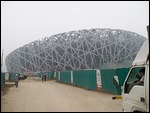
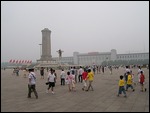
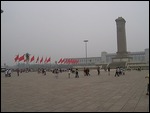
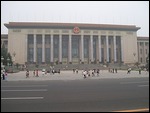
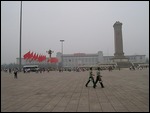
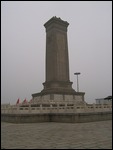
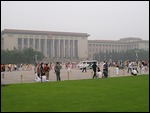
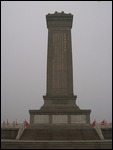
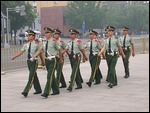
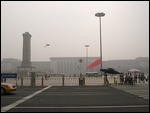
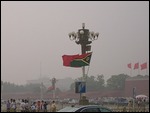
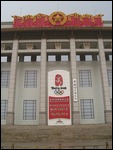
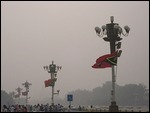
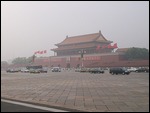
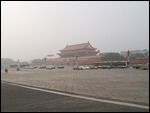
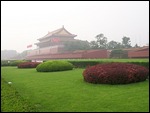
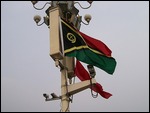
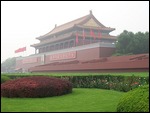
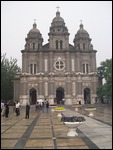
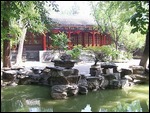
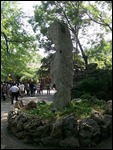
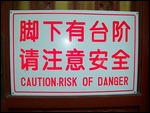
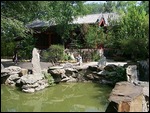
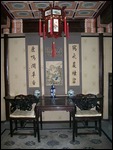
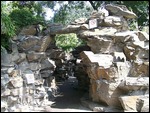
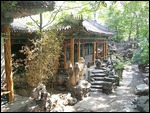
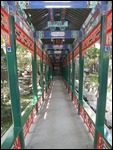
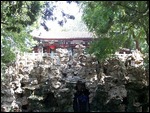
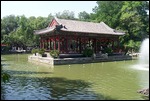
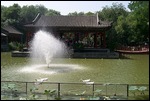
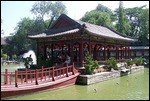
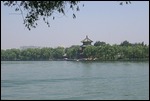
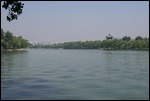
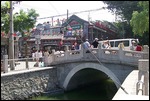
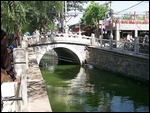
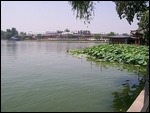
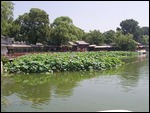
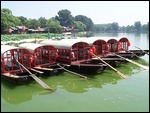
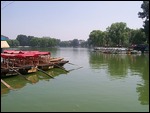
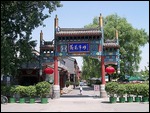
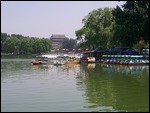
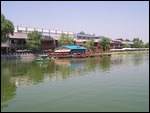
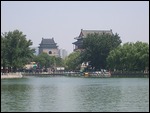
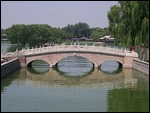
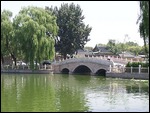
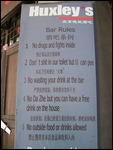
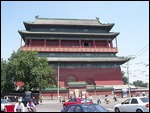
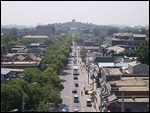
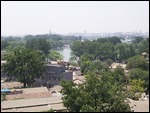
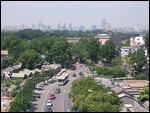
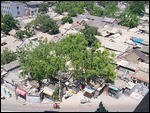
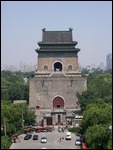
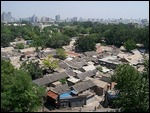
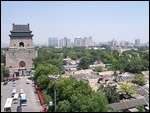
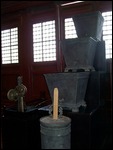
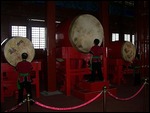
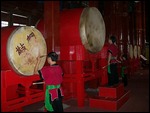
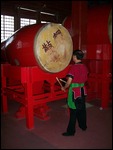
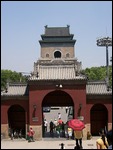
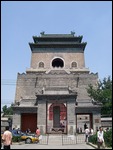
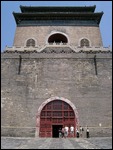
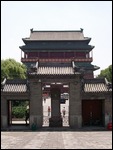
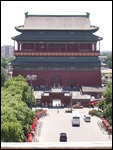
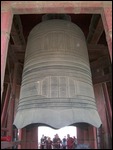
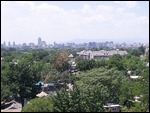
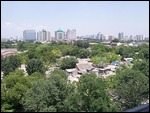
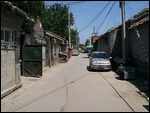
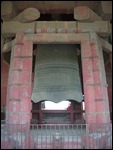
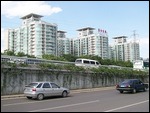
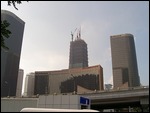
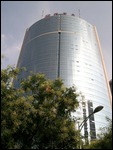
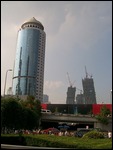
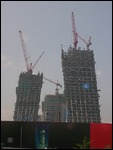
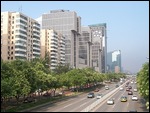
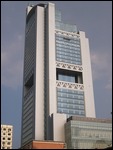
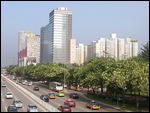
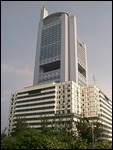
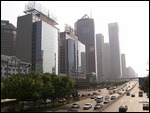
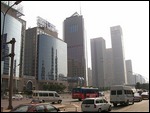
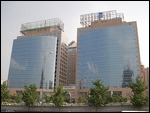
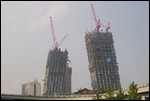
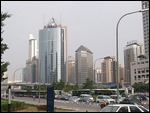
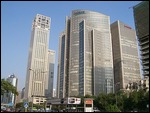
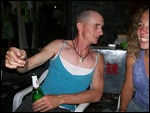
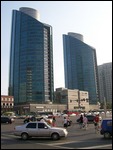
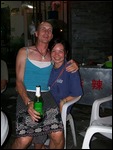
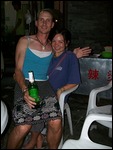
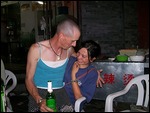
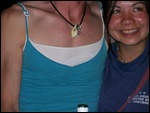
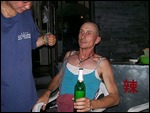
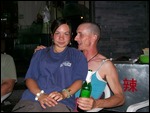
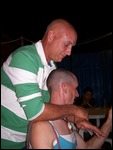
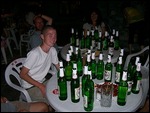
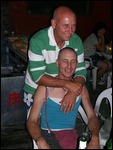
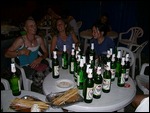
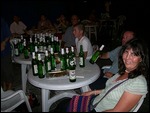
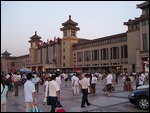
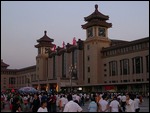
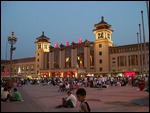
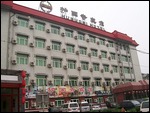
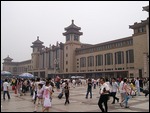
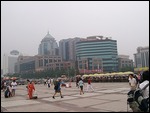
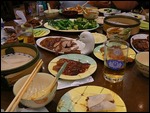
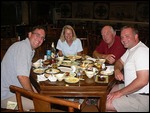
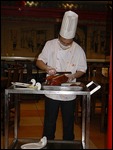
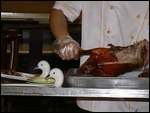
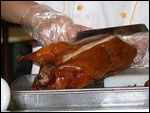
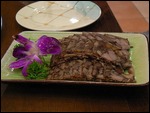

2025-05-23